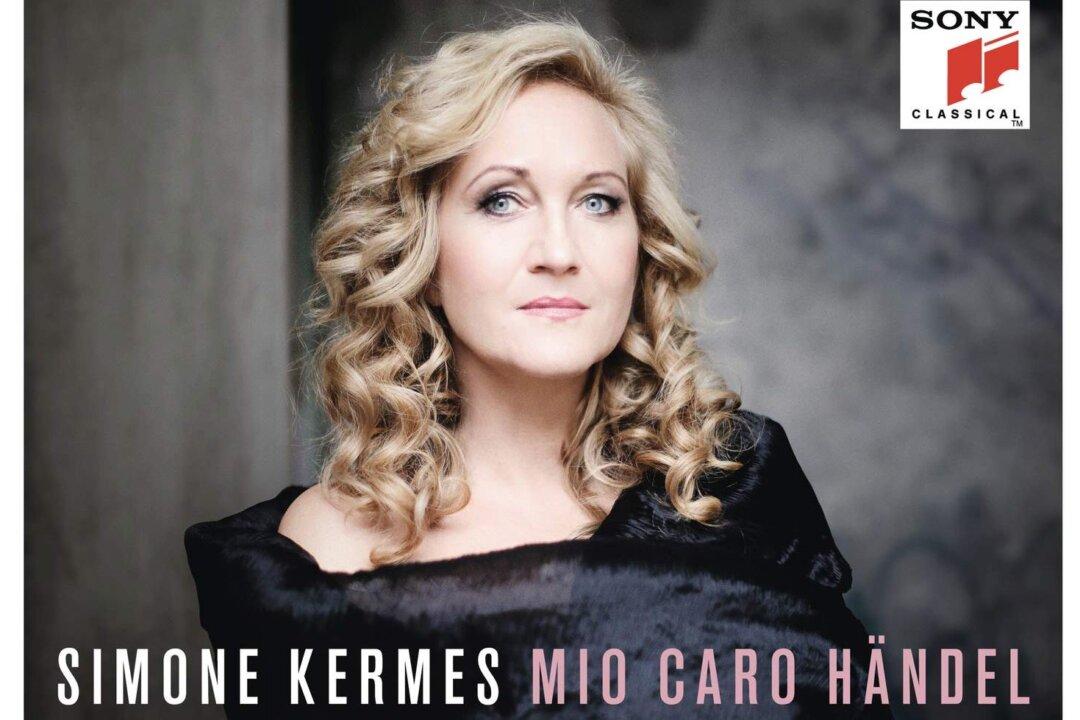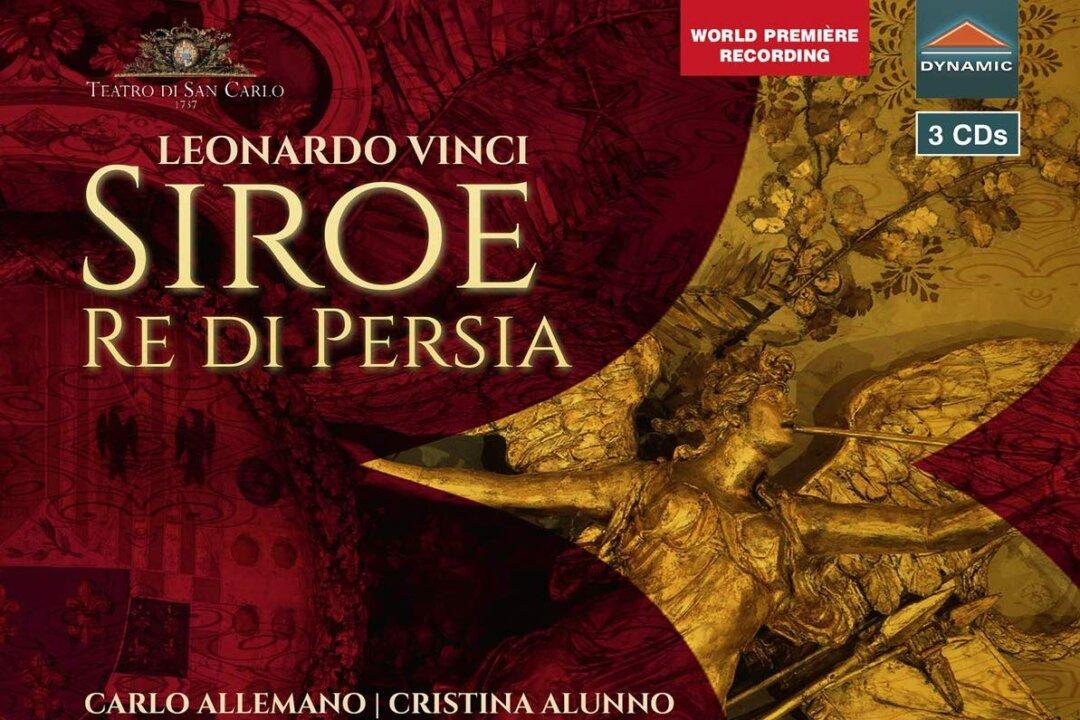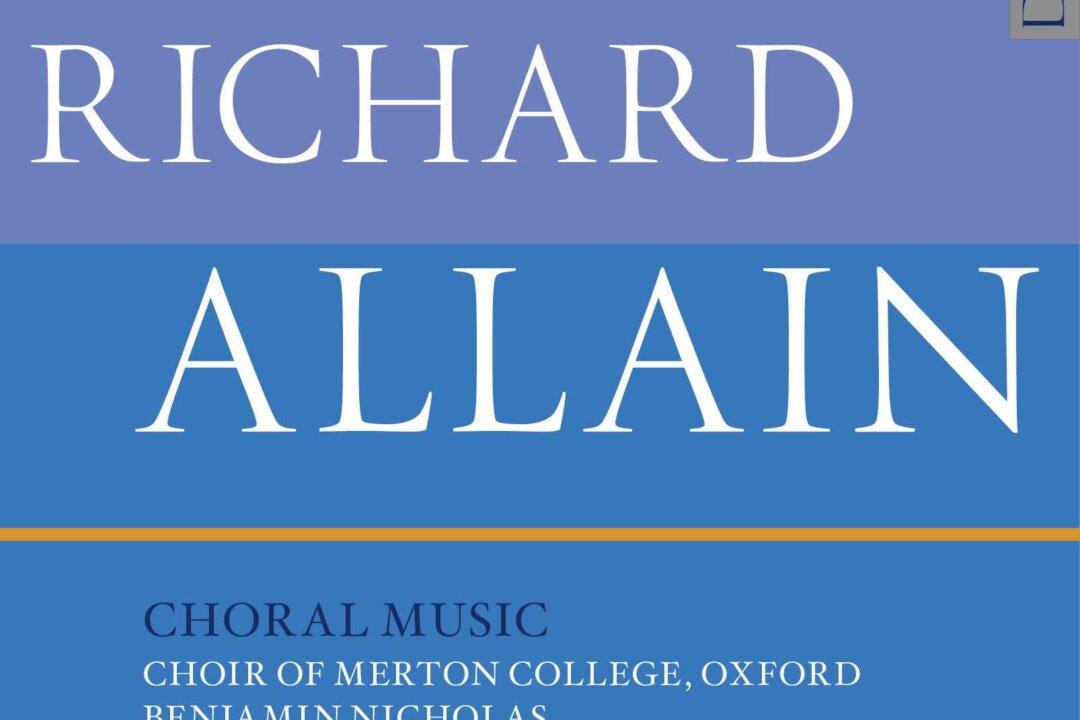This album is the fifth in Deutsche Grammophon’s project to record the major Mozart operas with Yannick Nézet-Séguin conducting the Chamber Orchestra of Europe, live in concert at Baden Baden, and all with Rolando Villazón singing the leading tenor role.
A strong cast surrounds Villazón’s distinctive yet problematic account of the title role of Mozart’s “La Clemenza di Tito.” The cast includes Marina Rebeka as Vitellia, Joyce DiDonato as Sesto, Tara Erraught as Annio, Regula Mühlemann as Servilia, and Adam Plachetka as Publio.





